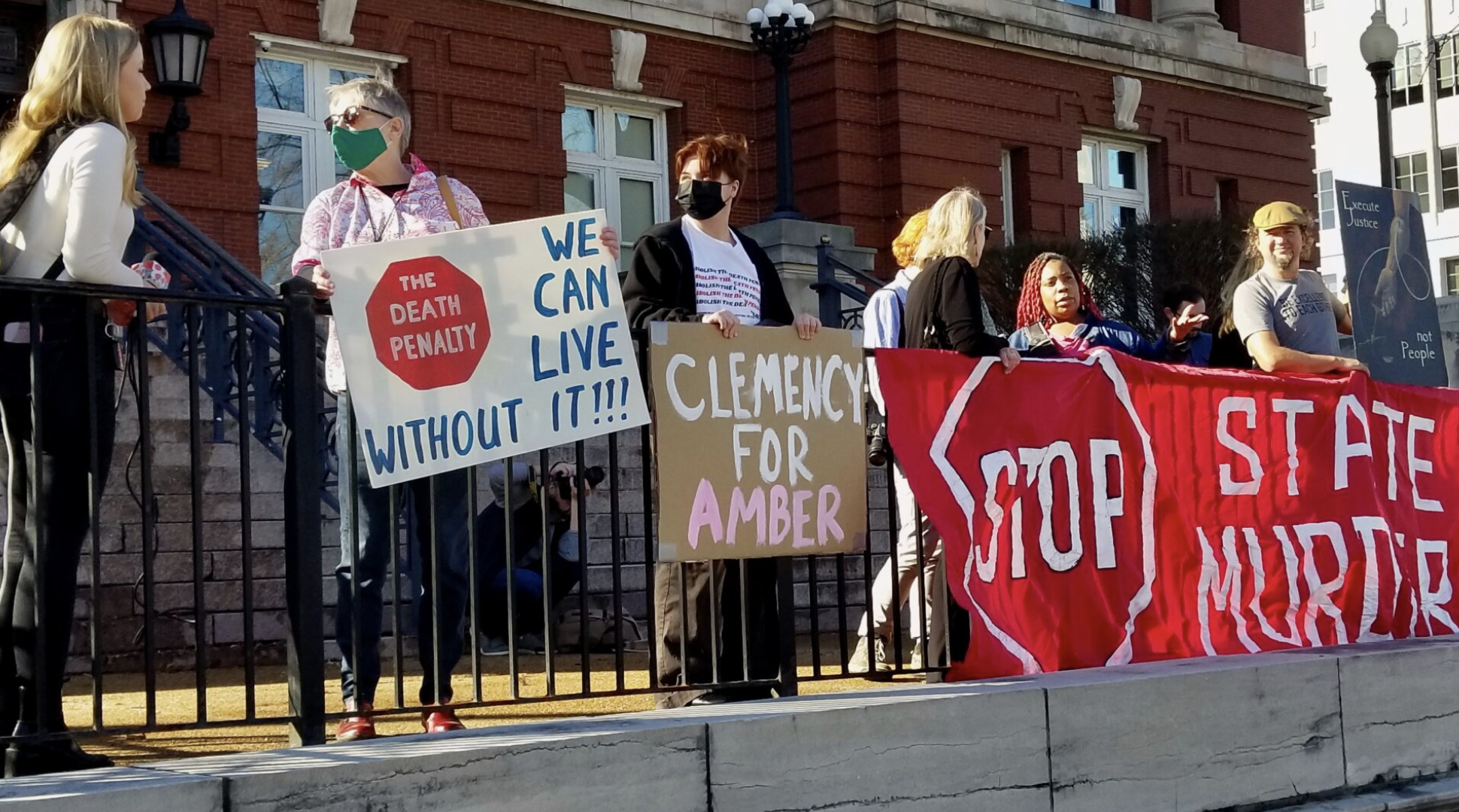
By:Steph Quinn
Gov. Mike Kehoe denied clemency Monday to Lance Shockley, a man sentenced to be executed at 6 p.m. Tuesday, citing Shockley’s unanimous conviction by jury for the 2005 murder of Missouri State Highway Patrol Sgt. Carl DeWayne Graham Jr.

But according to Shockley’s attorneys, the execution may be delayed by a motion filed last week in the U.S. Eighth Circuit Court of Appeals challenging the Missouri Department of Corrections’ refusal to allow his daughter, who is an ordained minister, to accompany him as his spiritual advisor in the execution chamber.
While Kehoe in a press release Monday described his denial of clemency as evidence of Missouri’s “commitment to the pursuit of justice,” Shockley’s advocates have argued he should not be executed because he was sentenced to death by a judge after the jury could not reach agreement on the death penalty.
Missouri is one of only two states, along with Indiana, that allow judges to unilaterally choose the death penalty when a jury is split on how to sentence a defendant for a capital offense. In most other states, a deadlocked jury results in a life sentence.
“[Kehoe] didn’t talk at all about the fact that the same jury that convicted him didn’t say he should die,” said Jeremy Weis, Shockley’s lead attorney and an assistant federal public defender. “I find that troubling and disappointing.”
Graham was found shot dead in the driveway of his home in Carter County in March 2005. He had been investigating Shockley’s role in a fatal 2004 drunk driving accident, which the prosecution said gave Shockley a motive for murder.
Kehoe noted in the press release that the Missouri Supreme Court, a federal district court, the Eighth Circuit Court of Appeals and the U.S. Supreme Court all reviewed Shockley’s case and let the trial court’s decision stand.
“Mr. Shockley has received every legal protection afforded to him under the Missouri and United States Constitutions,” Kehoe said, “and his sentence will remain for his brutal and deliberate crime.”
Weis said Thursday that Shockley’s legal team had found after the trial that at least two of the 12 jurors who convicted Shockley voted for him to serve life in prison.
The motion to delay Shockley’s execution centers on a policy of the Department of Corrections allowing defendants the presence of a chosen spiritual advisor as they are put to death. The department denied Shockley’s request that his daughter fill this role, citing a policy prohibiting contact visits with family members once an execution has been scheduled.
“They just don’t want to follow their policy,” Weis said.
Weis said he expects a ruling Monday on the motion to delay Shockley’s execution.






